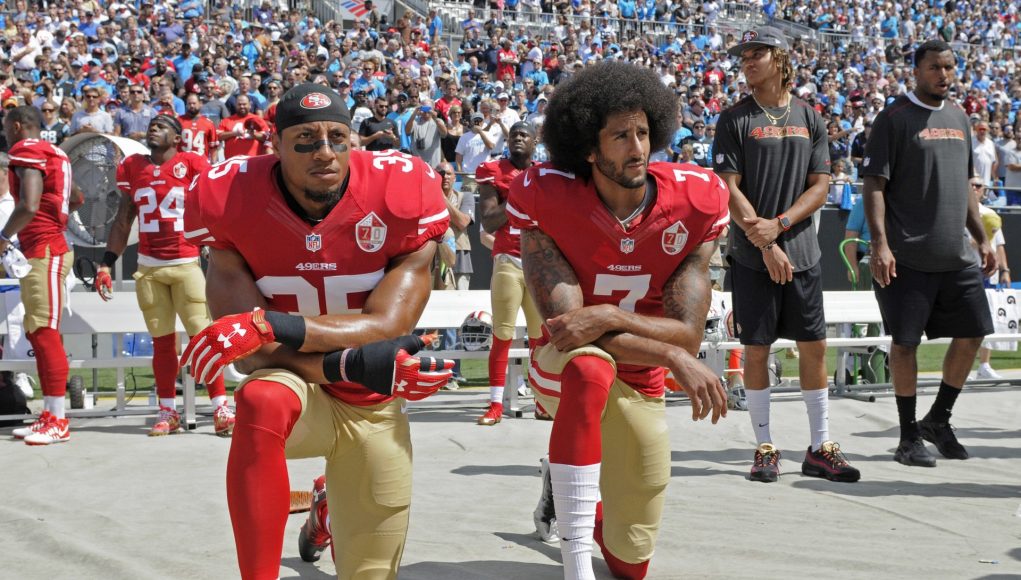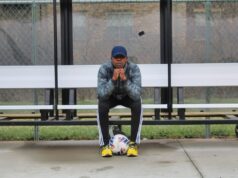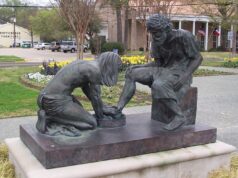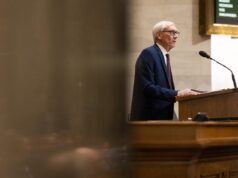Whites who hold the most racial bias towards blacks are far more likely than most to oppose athletes kneeling during the national anthem, according to a group of University of Massachusetts professors who studied the issue, the Washington Post reports.
Colin Kaepernick was the target of a great deal of rage last year for his national anthem protests — as were the scores of African American high school, college and professional athletes who did similar things. A 2016 Quinnipiac University Poll found that 54 percent of Americans say they disapprove of these protests but that number hides a divide by race: 74 percent of African Americans say they approve, while 63 percent of whites are opposed.
The researchers wondered whether that white opposition is related in part to racial attitudes and they fielded a nationally representative online survey in October that asked 2,000 respondents:
Recently, a number of professional athletes have protested the treatment of African Americans by not standing during the singing of the national anthem. Do you support the right of these athletes to kneel during the singing of the national anthem?
Thirty-four percent of all Americans surveyed supported athletes’ rights to kneel during the national anthem, while 30 percent opposed it strongly. But the results were divided strongly by race. Sixty-one percent of blacks supported the right to protest during the song, while only 28 percent of whites agreed with sitting during “The Star-Spangled Banner.”

The study then asked the respondents to rate blacks and whites according to certain traits (hardworking vs. lazy, violent vs. peaceful, and intelligent vs. unintelligent). They used the results of how people ranked each race as an indication of their racial bias. For instance, the people who thought blacks were lazier and less intelligent were ranked as more biased than those who thought the races were about equal in each category. The survey also asked questions about age, gender, education, political affiliation and how they felt about the country.
Even when the researchers controlled for areas like party affiliation, patriotism, education, age and gender, people who held strong racial biases were 25 points more likely to think it is offensive when players kneel in protest.

Racial attitudes had a notable relationship to white opposition to athletes’ protests, the report concluded. The graph above shows precisely how strong the relationship is between holding negative stereotypes of blacks and strong opposition to the protests. Even after the researchers account for all the factors listed above, they still found that whites who hold the most negative stereotypes about blacks are about 25 points more likely to strongly oppose athletes kneeling during the anthem than whites who have positive views of blacks.










